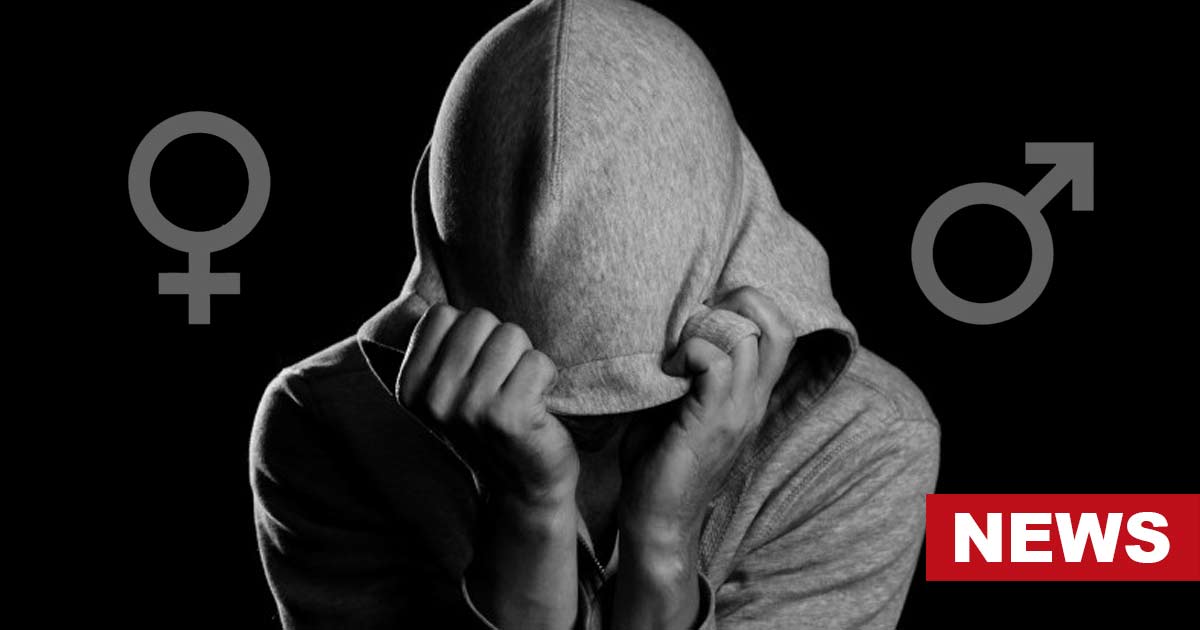- Research reveals the gender differences in panic attacks, with women are 2-3 times more likely to experience panic attacks compared to men.
- This Panic Awareness Day, we can pledge to reduce this gap through mental health awareness and suitable strategies.
What Is Panic Disorder?
Panic disorder is a type of anxiety disorder characterized by recurrent and unexpected panic attacks. A panic attack is an intense episode of fear or discomfort that reaches its peak within minutes and is accompanied by various physical and psychological symptoms. These symptoms can include:
- A racing heart
- Shortness of breath
- Chest pain
- Dizziness
- Trembling
- A sense of impending doom
Panic disorder affects approximately 2-3% of the population and can significantly impact an individual’s quality of life.
Gender Differences In Panic Attacks
Research has consistently proven the sex differences in hypertension, showing that panic disorder is more prevalent in women than in men. Studies have reported that women are two to three times more likely to experience panic attacks compared to men. This gender difference in the prevalence of panic disorder raises important questions about the underlying factors contributing to this disparity.
One possible explanation for the gender differences in panic attacks is hormonal factors. Hormonal changes associated with the menstrual cycle, pregnancy, and menopause may contribute to the increased vulnerability of panic attacks in women.
Another study published in the Journal Of Human Hypertension recognized major sex differences in the sympathetic nervous system and the renin-angiotensin system that are heavily influenced by sex hormones, thereby contributing to the gender differences in panic attacks.
For example, fluctuations in estrogen and progesterone levels during the menstrual cycle have been linked to the onset and severity of panic symptoms in some women.
Psychosocial factors may also play a role in the gender differences observed in panic disorder. Societal and cultural expectations can influence the expression and reporting of symptoms, potentially leading to under-diagnosis or misdiagnosis in men.
Panic attacks in men are almost always related to physical health issues, such as heart problems; these are not recognized as mental health or panic-related symptoms. Additionally, women may be more willing to seek help and discuss their symptoms, leading to higher rates of diagnosis.
Addressing The Panic Disorder Gender Gap
Reducing the panic disorder gender gap requires a multifaceted approach that considers both biological and psychosocial factors:
- Increased awareness and education: Promote knowledge about panic disorder and its symptoms through campaigns for the public and healthcare professionals.
- Improved screening and diagnosis: Train healthcare providers to recognize panic disorder symptoms and implement standardized screening tools.
- Gender-sensitive treatment approaches: Tailor treatments to address the unique needs of men and women, considering hormonal fluctuations and creating a safe environment for open discussions.
- Research and further understanding: Conduct ongoing research to better comprehend the factors contributing to the gender gap in panic disorder, including biological, psychological, and social aspects.
Panic disorder is a debilitating condition that affects individuals worldwide, with women being more susceptible to panic attacks compared to men. This Panic Awareness Day 2023, by pledging to implement these strategies, we can work towards closing the gender gap and ensuring that both men and women receive timely and effective support for panic disorder.


